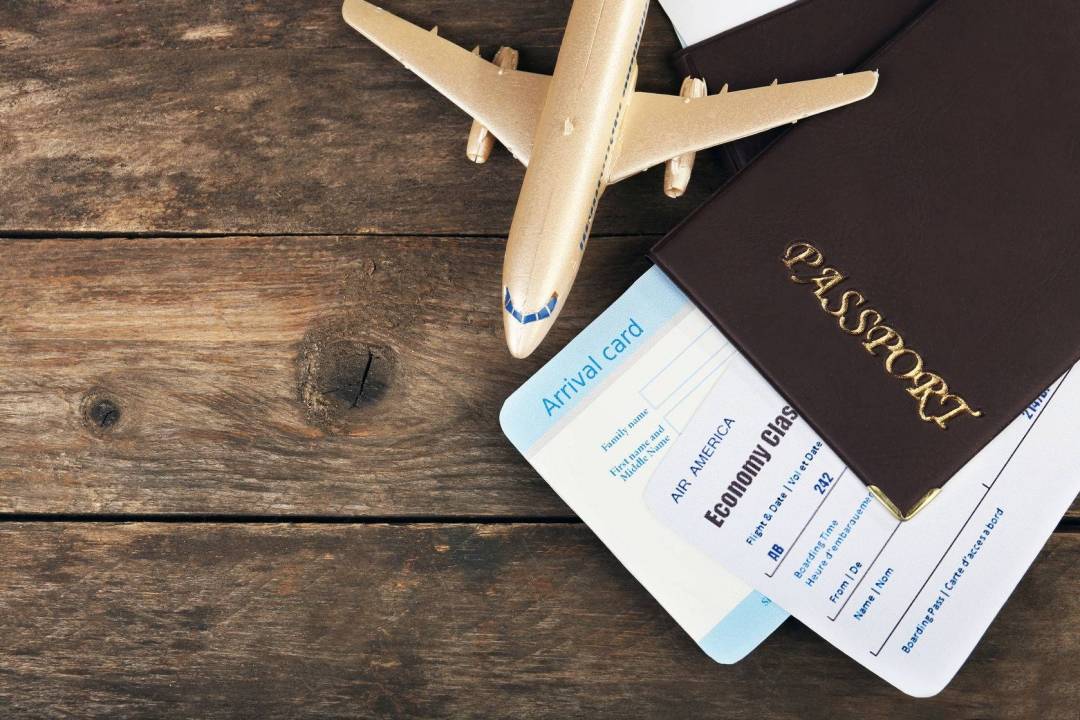What does the travel policy of the future look like?
That said, the travel policy of the future will go one step further and can be seen as a secondary employment condition. The policy should reflect the culture of the organization and help travellers understand the significance of guidelines. Instead of including travel limitations in the policy, create opportunities for travellers and make the policy attractive, progressive and comfortable.
Don't overcomplicate your travel policy
A good travel policy is essential for the duty of care that organizations have. For reasons of safety and duty of care, organizations should know where travellers are. This is only possible if trips are booked through the same source. The travel policy is the perfect document for establishing relevant guidelines.
Drafting these guidelines does require some attention. To avoid potential disputes, a policy shouldn't have any grey areas. On the other hand, if a policy is too strict it may be hard for travellers to comply with, prompting them to seek other alternatives (which is detrimental to the duty of care). An overly-complicated policy can also cause problems. In short: your policy should contribute to your organization's duty of care while respecting the needs and wishes of travellers.
Travel policy to save costs
Sixty per cent of travel managers believe that saving costs is the most important reason for revising a travel policy. Other important arguments include prices (59%), improving services and features (59%) and the termination of supplier contracts (49%). Whatever the reason behind your policy change, make sure you look at the whole picture and involve your travellers in the update, explaining to them the importance of a travel policy.
Loyal travellers help save more costs
In line with the previous point, traveller inspiration is an important part of the travel policy of the future. Discuss which responsibilities travellers have. If the policy allows travellers to book a four-star hotel, that doesn't mean they always have to book a four-star hotel. If you give travellers extra time to rest and relax after a long trip, that doesn't mean they can't use that time to experience the local nightlife. Hold travellers accountable for the efficiency of their corporate travel. A policy should serve the organization's duty of care obligation, but the traveller also has a duty of loyalty!
When is a travel policy considered outdated?
Finally, I would like to discuss the 'shelf life' of a travel policy. I recommend checking your travel policy every year and updating it at least every two years. The world is changing too rapidly to stick to the same policy, and it's always good to keep an eye out for new savings opportunities. Because cost savings achieved through a travel policy are only really savings that first year, it's good to revise your policy regularly.
Summary of considerations
To summarize, the travel policy of the future should:
- create clarity for travellers
- help fulfil your organization's duty of care
- be of interest to travellers
- go hand in hand with loyalty
- be revised every two years to identify potential savings
Does your travel policy need to be revised and updated or would you like help drafting a new travel policy? If so, we would be happy to help. Feel free to contact us for an obligation-free consultation.
Source:
‘All about the travel policy’, BTN Group
‘Violation of the corporate travel policy’, Anneli Douglas en Berendien A. Lubbe
‘Advancing Travel Programs. Next priorities for Managed Travel’, BTN Group







